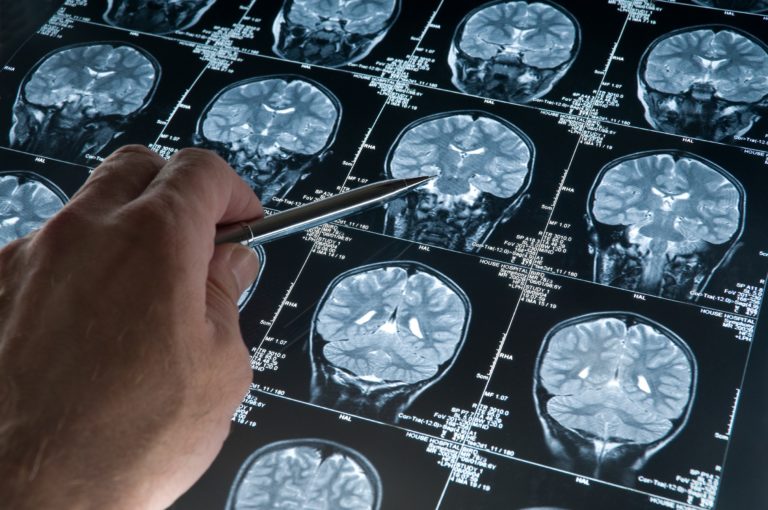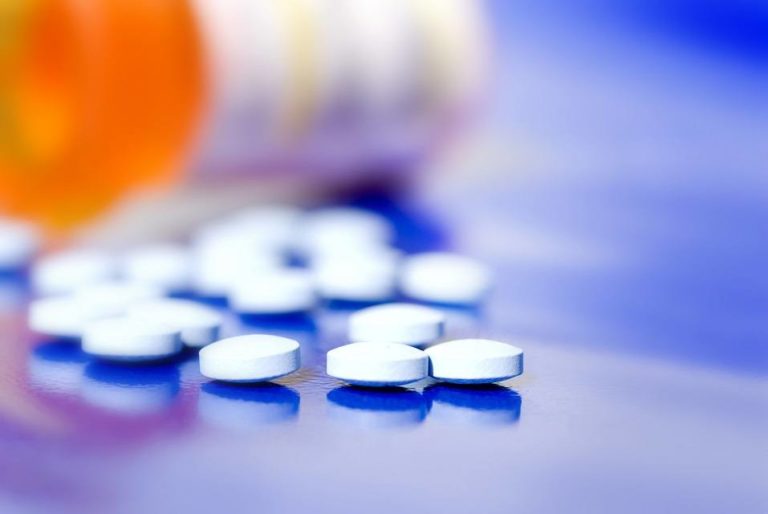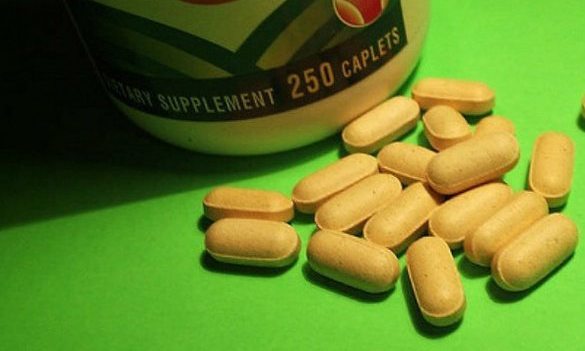
A heart attack is a ‘circulation’ problem, and cardiac arrest is an ‘electrical’ problem. A heart attack occurs when blood flow to a part of the heart is obstructed—by a blocked artery, for example. Cardiac arrest is a problem with the circuitry of the heart: The subtle, intricate rhythms of your heartbeat are thrown off and the heart ceases to pump efficiently—or at all—according to the American Heart Association (AHA).
In a cardiac arrest, the person gasps for breath or stops breathing and will die within minutes if not treated. A heart attack can trigger cardiac arrest, or the condition can occur on its own. The AHA notes, ‘Most heart attacks do not lead to sudden cardiac arrest. But when sudden cardiac arrest occurs, heart attack is a common cause.’
Until recently, experts thought that cardiac arrest always came on without warning, but some research suggests otherwise: More than half of people experience signs in the month prior to going into cardiac arrest but don’t realize that they’re signs—and therefore ignore them—according to a 2016 study in the Annals of Internal Medicine.Around 350,000 people in the United States experience sudden cardiac arrest each year, according to the AHA, and nearly 90 percent of them die.
The research suggests that some of these deaths could be prevented if people who experience warning signs—which are often similar to those of a heart attack—acknowledged them and sought help: Nearly a third (32 percent) of the people in the study who called 911 before they had a cardiac arrest survived, compared with 6 percent who didn’t call.
‘Err on the side of caution,’ says J. Brent Muhlestein, MD, codirector of cardiovascular research at the Intermountain Medicinal Center Heart Institute in Salt Lake City, Utah. ‘If you experience symptoms, get help before cardiac arrest happens.’

























